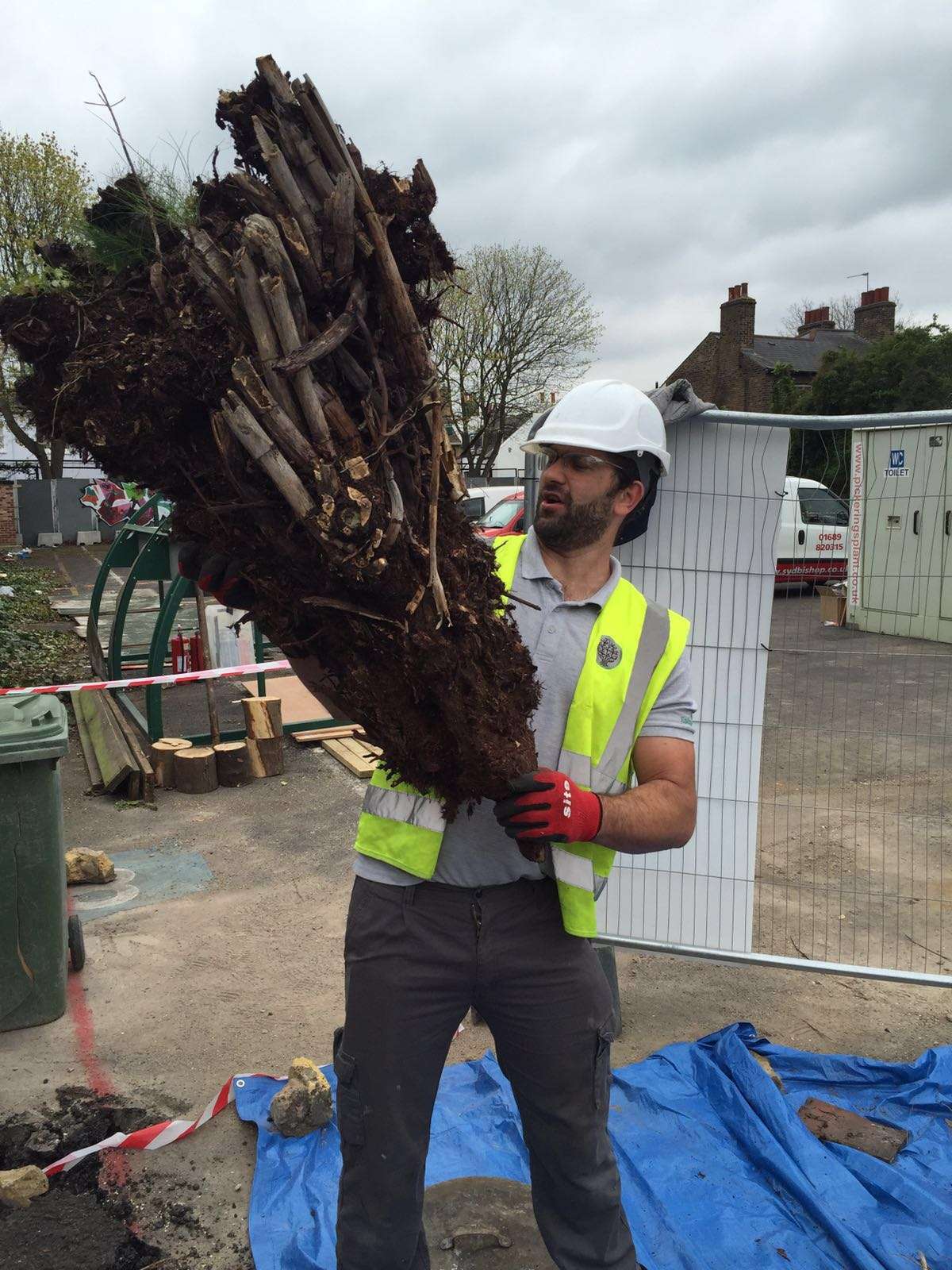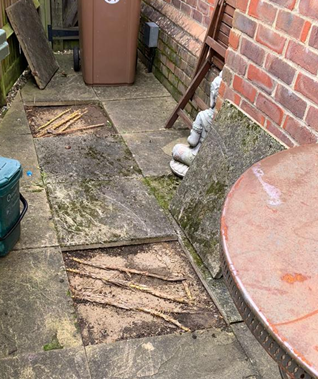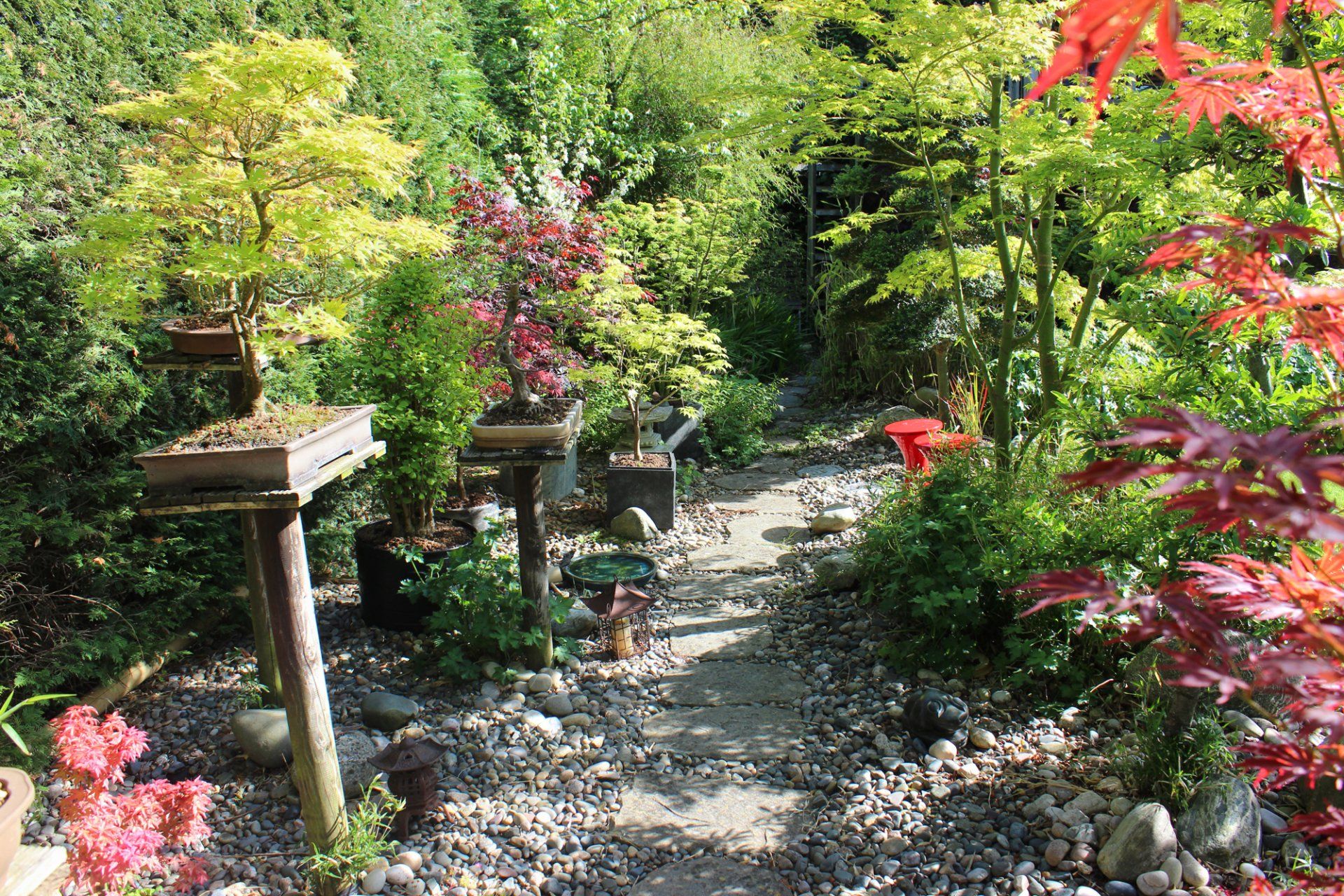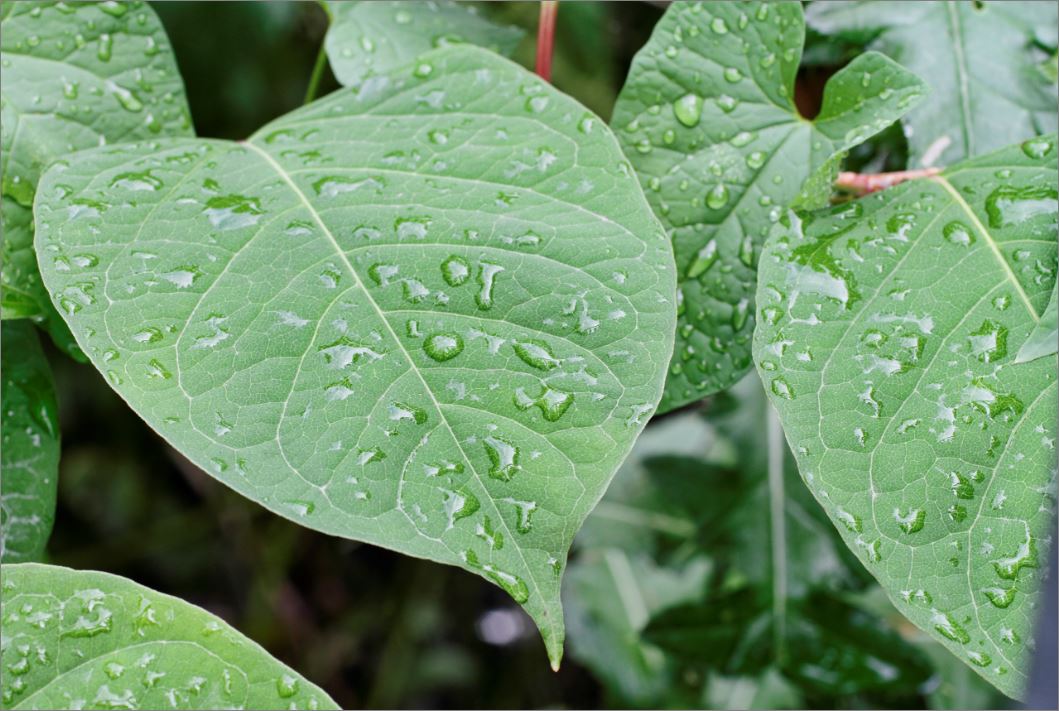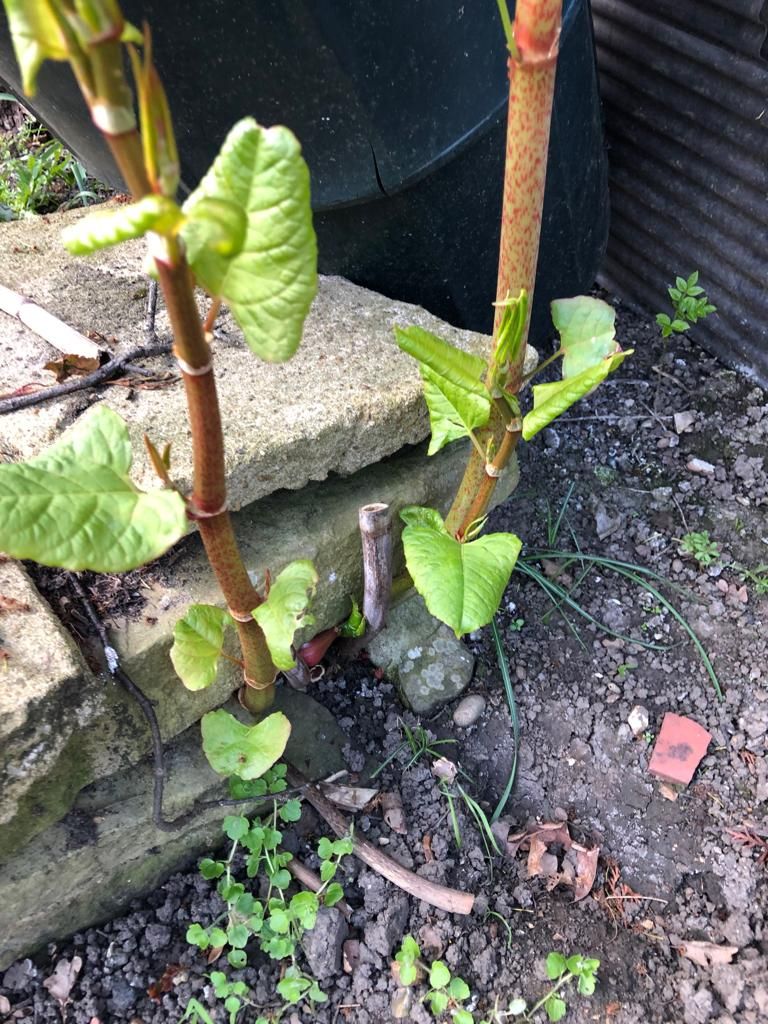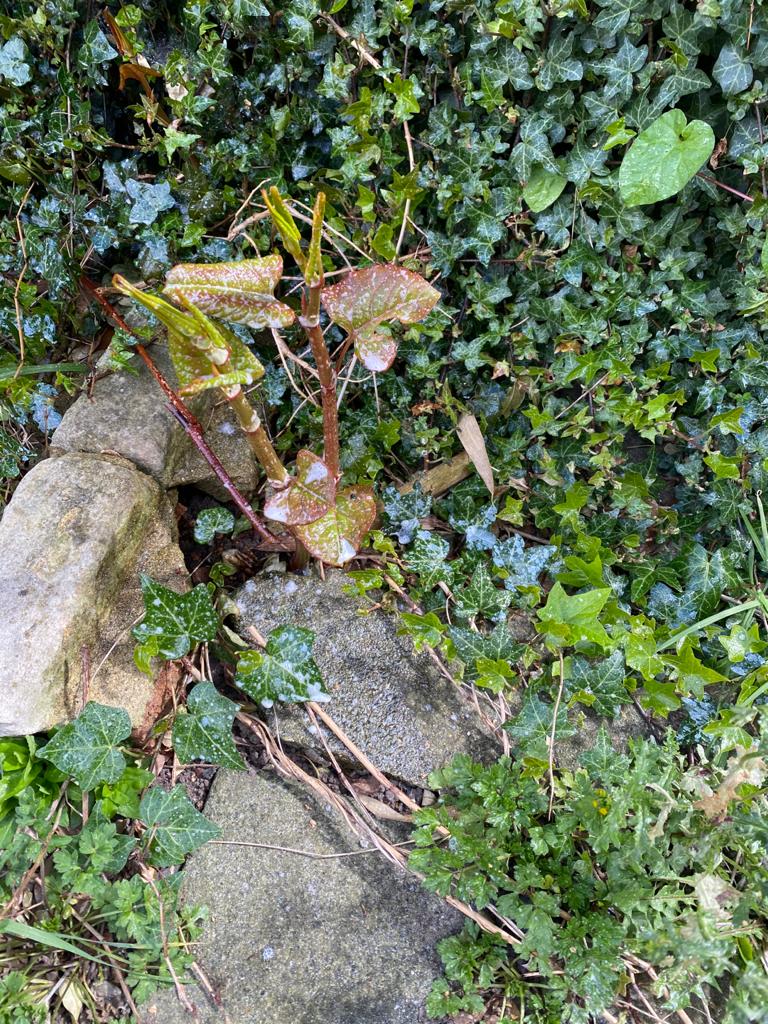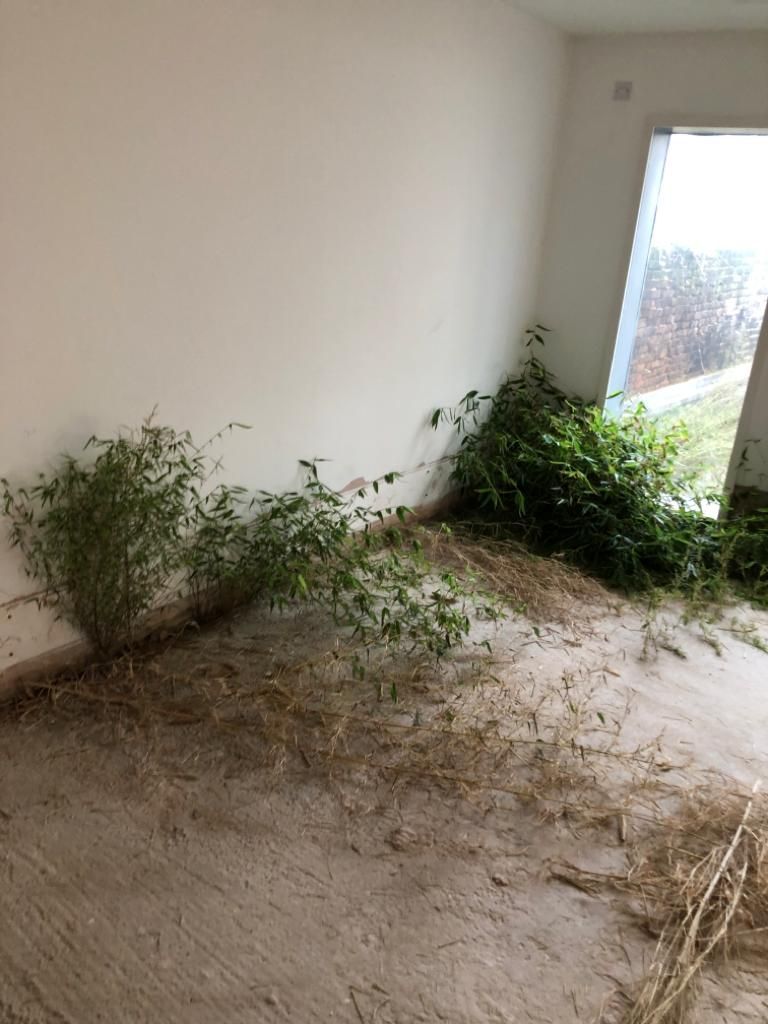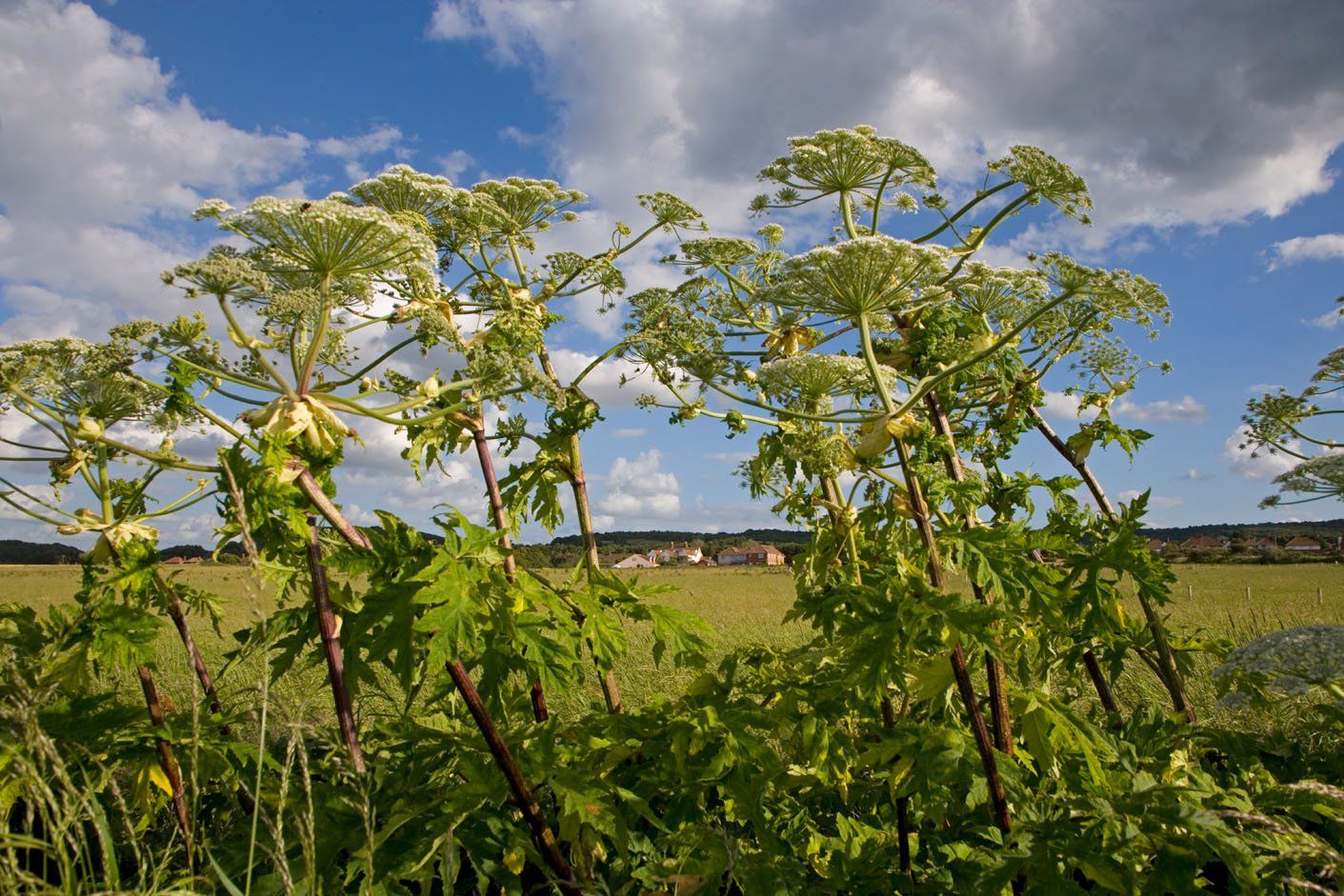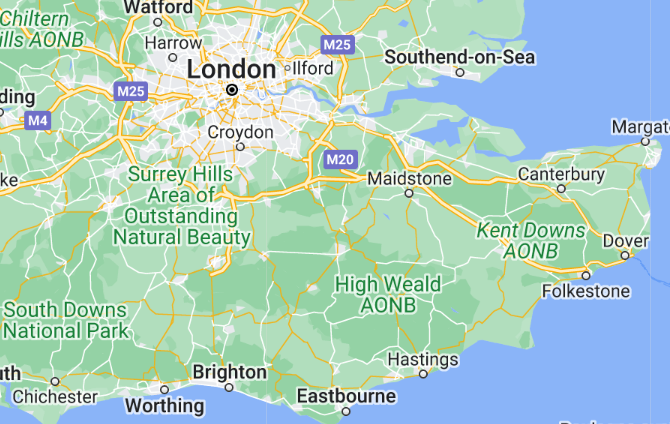Do Barriers Really Work with Invasive Species?
A root barrier is a sturdy underground fence that prevents the roots of a plant from spreading outside of a specific area. Usually made from high-density polyethene, the root barrier is a sheet product that can be used to contain the roots of a tree, bush, or plant.
The barrier may wrap entirely around the plant to contain the roots, which is what you need if you have an invasive species. However, some people simply place it on one side of a tree to direct the roots away from a sidewalk or foundation. In this case, you will want to surround the plant so it cannot spread further away.
How Does the Root Barrier Work?
Considering that plant roots can push right through concrete, you may be surprised that there’s an option to stop roots from spreading. However, the materials used are designed to be environmentally friendly and will stop the roots from pushing through. In some cases, concrete is used, but it has a potentially limited lifespan.
There are also permeable root barriers with the addition of a chemical barrier that will prevent the roots from growing beyond the block. To install the root barrier, you’ll need to dig at least a metre and a half below the surface to ensure there’s no way for the roots to grow under the barrier. The exact depth will be determined by the specific plant you are trying to keep in place.
Can It Fail?
If the root barrier is incorrectly installed, it can certainly fail. The root barrier is not just below the ground, but also needs to extend above the surface of the soil. You can fill the area with mulch if you prefer to hide it, but you’ll need to be sure there are no areas where the barrier is unable to stop the roots from growing out.
Get in Touch
It’s essential that a professional install the root barrier if you want to be certain that it will not fail. At Gaia Environmental, we can help you remove invasive plants, as well as arrange to keep them subdued.
Contact us today for more information.


